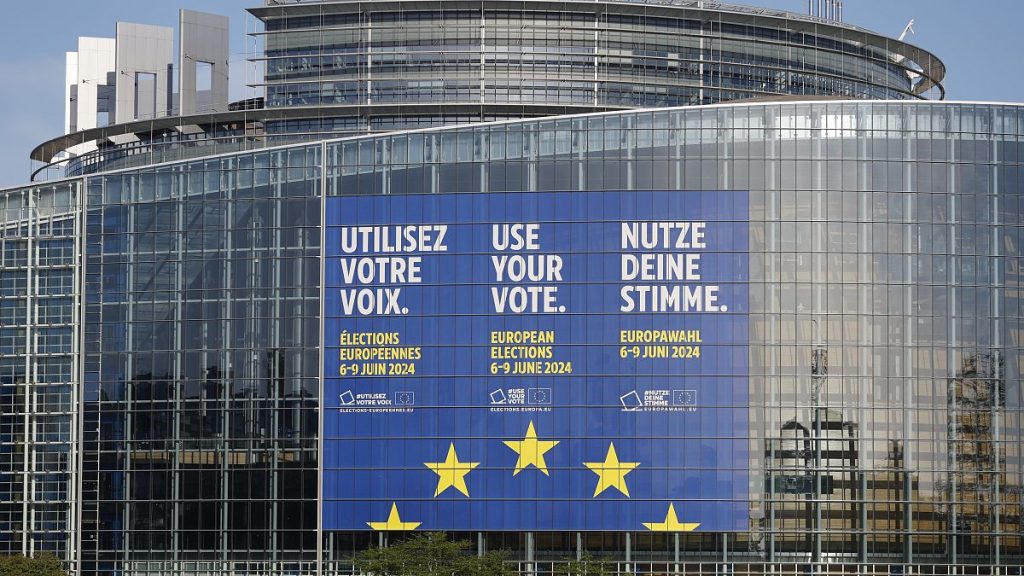A survey on the voting patterns of Members of the European Parliament (MEPs) over the past five years has revealed a clear party political division over climate action and nature protection. The analysis of 30 key pieces of environmental legislation by five Brussels-based environmental NGOs showed that the Greens/EFA group scored the highest with 92 points, while the far-right nationalist ID only earned six points. However, there was a significant gap between the centre-left Socialists & Democrats and the centre-right European People’s Party (EPP), despite EPP President Ursula von der Leyen’s support for the Green Deal agenda. The liberal Renew group scored 56, reflecting splits within the group on environmental and climate policy.
The survey also highlighted how different political parties’ stances on climate action, nature protection, and pollution prevention were often aligned. If a party opposed ambitious climate measures, they were likely to hold similar views in the other two areas as well. The most significant divergence was seen in nature protection legislation, with the Greens and Left group scoring much higher than the EPP and conservative ECR group. This divide was particularly evident in the context of recent farmers’ protests across Europe, with the EPP pushing back against nature protection legislation.
At an event in Brussels presenting the survey findings, Bulgarian EPP lawmaker Radan Kanev positioned himself between ‘prehistoric thinkers’ and ‘procrastinators,’ emphasizing the need for a nuanced approach to environmental policy. He criticized the extension of the EU’s emissions trading system to road transport and buildings, a proposal supported by the majority of EPP group members, calling it “very stupid.” Green MEP Saskia Bricmont warned against a return to “business as usual” on environmental policy as the EU focuses more on security and economic issues, noting a backlash from opponents in the upcoming European elections.
Chiara Martinelli, director of Climate Action Network Europe, expressed concerns that the European elections could lead to a Parliament filled with ‘prehistoric thinkers’ who could marginalize environmental policies. She urged European citizens to vote for parties that prioritize climate protection and support the European Green Deal. William Todts, director of Transport & Environment, highlighted the EU’s role in implementing environmental protection laws that national governments may not have been able to enact. He praised the EU for taking action on climate issues such as clean cars and carbon taxes for planes and ships, emphasizing the EU’s positive impact on climate action.
Overall, the survey underscored the significant political divide within the EU on environmental and climate policies, with parties positioning themselves on a spectrum from strong advocates for ambitious action to those pushing back against green legislation. The upcoming European elections will be crucial in determining the future direction of environmental policy in the EU, with implications for the implementation of the Green Deal agenda. It is essential for voters to support parties that prioritize climate protection and sustainable development to ensure a strong environmental focus in EU policymaking.













